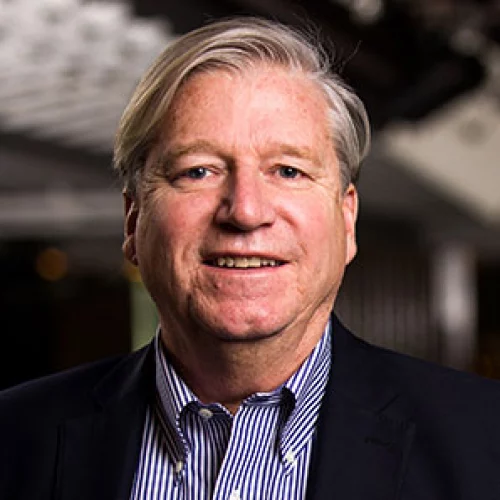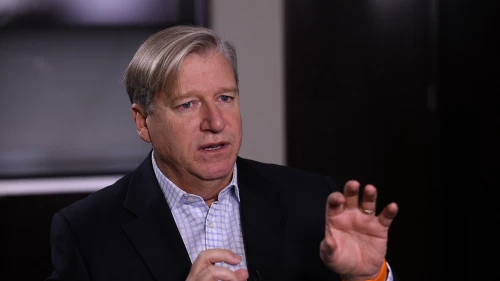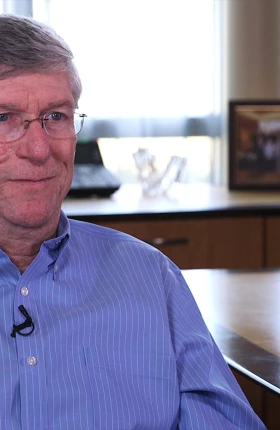
Education
- MPA, Kennedy School of Government at Harvard
- MBA, Australian Graduate School of Management
- BA, Chisholm Institute of Technology
Honors and Awards
- Top 25 Consultants, Consulting magazine, 2017
- Pappas Carter medal for corporate strategy
Grant Freeland has been with Boston Consulting Group since 1989 when he joined the Melbourne office. He has been the Managing Partner of the Boston office, and Global Leader for BCG’s People and Organization Practice. He is now a Senior Advisor and Senior Partner Emeritus at the firm, as well as an Adjunct Lecturer at Harvard Kennedy school and Adjunct Professor at the Tuck School of Business at Dartmouth.
During Grant’s 31-year tenure at BCG, his work focused on driving transformations in large organizations in both the private and public sector. This work includes organizational redesigns, post-merger integrations, restructurings, creation of high-performance workforces, culture change, leadership effectiveness, and creating digital and agile organizations. He was one of BCG’s Global Leaders when BCG was one of only two companies rated in the top five best places to work in Fortune’s Best Places to Work survey for eight years in row. Grant was selected as one of Consulting Magazine’s Top 25 Consultants in 2017.
Grant’s course at Harvard Kennedy School and Dartmouth Tuck focuses on transforming public interest organizations. He has contributed over 60 columns on leadership to Forbes.com. Previously, Grant was a marketing communications manager for Hewlett-Packard.












